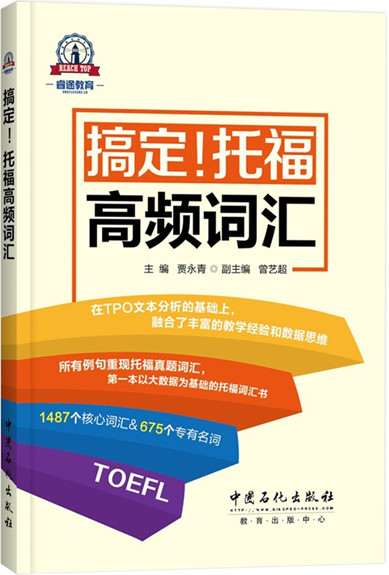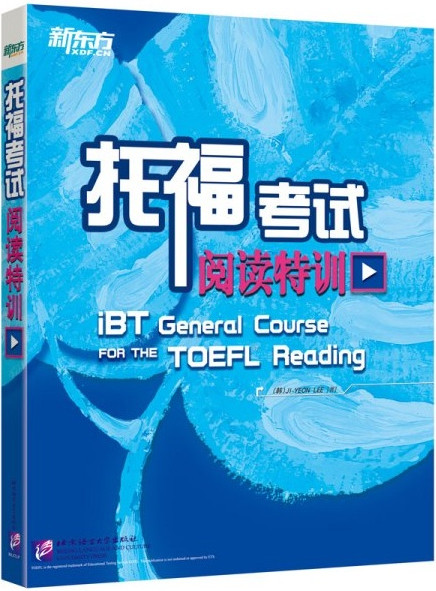dental amalgam
Reading提到三点,对人,环境的不好,以及其他替补的可能性;
lecture也提到三点,对人, 对环境 如何保护,以及其他material性价比不够amalgam好;
独立写作:
Do you agree or disagree with the following statement? Though modern agricultural practices damage the environment, feeding the world's growing population is more important than protecting against environmental damage.
It is often said that the world population grows following a geometric progression (2, 4, 8, 16, 32...) but food production grows following an arithmetic production (1, 2, 3, 4, 5...). If this were true, then one would expect the world's food demands to quickly outpace its ability to meet those demands. This does appear to be the case, at least on the surface—more than half of the world population perishes each year from malnutrition. But is this a food production problem, and should food production thus be pursued with reckless disregard for the environment? I do not believe so.
The problem of world hunger is not a problem of food production, but rather, one of food distribution and poverty. In many of the developing countries where scores die every year of malnutrition, there are actually sizable surpluses of food; the real issue is that those who need it the most cannot afford to buy it, and so the supplies are sold to more wealthy nations that cannot meet their own agricultural needs through domestic production. For many decades now, there has been enough food in the world to feed the entire world population—it is just a matter of getting it into the right hands.
Thus, engaging in harmful agricultural practices for the sake of higher food production would actually be counter-productive in the long run. First of all, it would do nothing to solve the current socio-economic and political inequality that leads to such huge disparities in food allocation. Second of all, it would probably harm those that we were trying to help. This is because most of the harmful practices would likely be implemented in disadvantaged countries, seeing as wealthy countries would have little room left for further agricultural growth. Unsustainable agricultural land development, aggressive use of fertilizers—these measures, while perhaps supplying food in the short term, would ultimately deplete the natural environment and handicap a country's growth in the future, landing them back where they started.
Granted, the long view will provide little consolation to those who are desperately in need of food now. Some argue that it is better to make environmental sacrifices in order to start saving lives today, and to just deal with serious environmental problems down the line as they arise. While I believe there is some merit to this, I do not think that should be the first option we turn to—wouldn't it make much more sense to just tackle the poverty and distribution problem directly, alleviating hunger through more considered means, and avoid the potential environmental pitfalls entirely?
The situation presents difficult ethical quandary—do we choose to let people suffer now, so that more may avoid pain later? Or do we help them now, and hope that we do not dig everybody into an even bigger hole down the line? Ultimately it will be a trying decision, but what is clear is that something must be done; though neither choice is without its drawbacks, they are both preferable to inaction.
- 12-17·2018年12月16日托福写作考试题目回忆
- 12-15·2018年12月15日托福写作考试题目回忆
- 12-08·2018年12月8日托福写作真题回忆
- 12-03·2018年12月1日托福写作考题回忆
- 11-26·2018年11月25日托福写作考题回忆
- 12-172018年12月16日托福写作考试题目回忆
- 12-152018年12月15日托福写作考试题目回忆
- 12-082018年12月8日托福写作真题回忆
- 12-032018年12月1日托福写作考题回忆
- 11-262018年11月25日托福写作考题回忆
编辑推荐
- 模拟试题
- 历年真题





